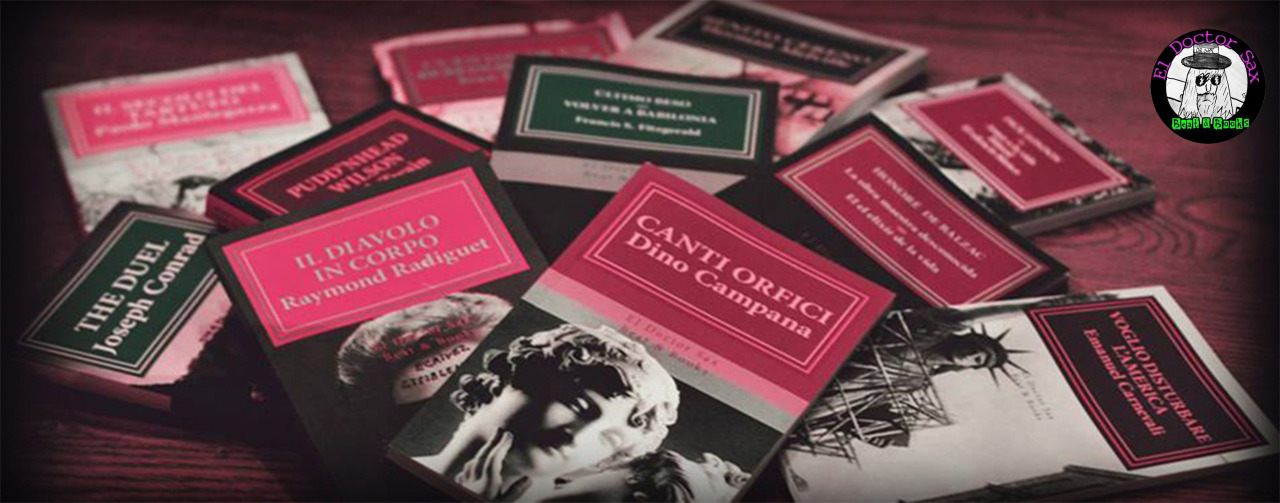An un-named narrator is on a cattle-ranching island in South America. The manager of the company relates how he saved a runaway convict and, convincing himself he was an anarchist from Barcelona, gave him a job as an engineer on the company’s steam boat. Paul (the convict) then relates his life history to the narrator. Whilst celebrating his twenty-fifth birthday with friends in Paris, he gets drunk, fights with police, and goes to jail. On release he cannot get work. He falls in with a group of anarchists who support themselves by stealing from the rich. When they attempt to rob a bank the plot is foiled and he is deported to a penitentiary island in Cayenne (French Guiana).
The convicts there organise a mutiny and the prison warders are overthrown. Paul does not participate in the uprising for humanitarian reasons. Whilst hiding in some bushes he watches soldiers pursuing convicts, then on finding a revolver he escapes in a boat. Two other convicts seize control of the boat and they all row off to sea to escape.
Joseph Conrad, (born Dec. 3, 1857, Berdichev, Ukraine, Russian Empire [now Berdychiv, Ukraine]—died Aug. 3, 1924, Canterbury, Kent, Eng.), English novelist and short-story writer of Polish descent, whose works include the novels Lord Jim (1900), Nostromo (1904), and The Secret Agent (1907) and the short story “Heart of Darkness” (1902). During his lifetime Conrad was admired for the richness of his prose and his renderings of dangerous life at sea and in exotic places.














